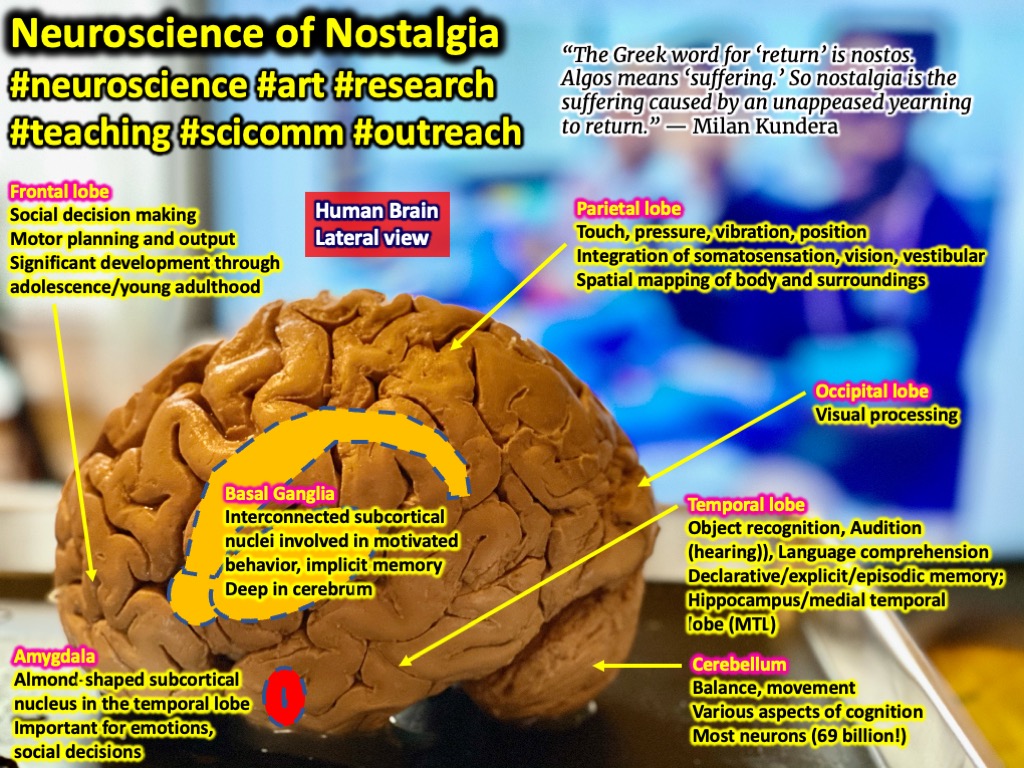Negative effects of Nostalgia

While nostalgia is generally associated with positive emotions and well-being, there are instances where it can have negative effects, particularly if experienced in an excessive or maladaptive manner. Here are some potential negative effects of nostalgia:
-
Idealization of the Past:
- One common negative aspect of nostalgia is the tendency to idealize the past. Individuals may selectively remember positive aspects while overlooking challenges or negative experiences. This idealization can create unrealistic expectations and a skewed perception of the past.
-
Comparison with the Present:
- Excessive nostalgia may lead to constant comparisons between the past and the present. If an individual perceives the past as superior to the current circumstances, it can contribute to dissatisfaction with the present and hinder their ability to appreciate the current moment.
-
Avoidance of the Present:
- An overly nostalgic mindset may result in a preference for the past over the present. This can lead to a reluctance to fully engage in current experiences, relationships, or opportunities, as individuals may feel that the best times have already passed.
-
Rumination on Loss:
- Nostalgia can be triggered by experiences of loss, such as the end of a relationship or the passing of a loved one. While reminiscing about positive memories is natural, excessive rumination on loss can contribute to feelings of grief and sadness.
-
Impaired Decision-Making:
- Excessive attachment to the past may influence decision-making. Individuals may be guided more by a desire to recreate past experiences than by considering present realities or future goals. This can hinder adaptability and growth.
-
Negative Emotions:
- Nostalgia, particularly when associated with memories of difficult or traumatic experiences, can evoke negative emotions such as sadness, regret, or longing. Dwelling on painful memories can contribute to emotional distress.
-
Stagnation:
- Holding onto the past too tightly can hinder personal and emotional growth. If individuals are resistant to change and new experiences, they may find themselves stuck in a state of emotional or personal stagnation.
-
Distorted Perception of Reality:
- Excessive nostalgia may lead to a distorted perception of reality. Individuals may focus on a romanticized version of the past, which can be disconnected from the actual events and challenges that occurred.
-
Unhealthy Attachment:
- In some cases, individuals may develop an unhealthy attachment to the past, relying on nostalgic memories as a primary source of emotional comfort. This can impede their ability to form new connections and build a fulfilling present and future.
-
Difficulty Moving Forward:
- In extreme cases, strong attachments to the past may make it difficult for individuals to move forward in life. This can impact their ability to form new relationships, pursue new opportunities, or adapt to changing circumstances.
It's important to note that the negative effects of nostalgia are often associated with an excessive or unbalanced attachment to the past. When experienced in moderation and in a healthy context, nostalgia can contribute positively to well-being. It becomes problematic when it interferes with an individual's ability to live fully in the present and embrace future possibilities.
Thank you.
